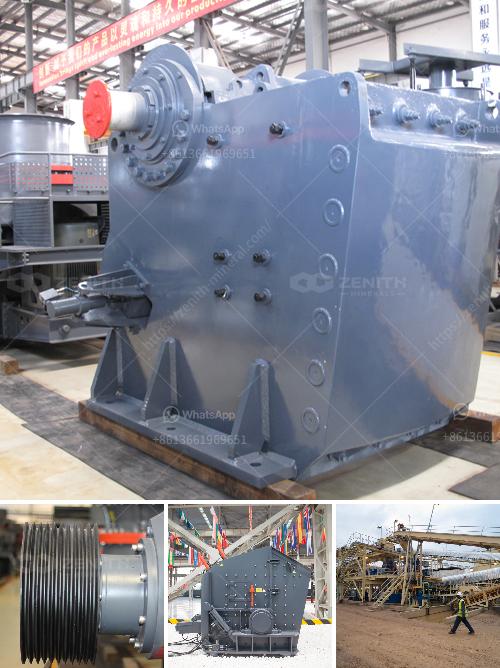Choosing the specification of a jaw crusher involves several considerations to ensure that the equipment meets the requirements of the specific application. Here are the key factors to consider:
-
Material Characteristics:
- Hardness: The hardness of the material to be crushed is a critical factor. Harder materials require more robust and powerful crushers.
- Abrasiveness: Materials that are highly abrasive will wear down the crusher more quickly, so a more durable material for the jaw plates is necessary.
- Moisture Content: High moisture content can cause clogging and affect the crusher's performance.
-
Feed Size:
- The size of the material that will be fed into the crusher is crucial. The crusher must be able to handle the maximum size of the feed material. The feed opening size should be larger than the maximum feed size.
-
Capacity Requirements:
- Determine the required capacity in terms of tons per hour. This will help in selecting a crusher that can handle the desired throughput.
-
Output Size:
- The desired size of the output material will influence the crusher's settings. Jaw crushers can be adjusted to produce different sizes of output material.
-
Application:
- The specific application, such as primary crushing or secondary crushing, will determine the type of jaw crusher needed. Primary crushers are designed to handle larger, more coarse materials, while secondary crushers are used for finer crushing.
-
Operational Considerations:
- Power Consumption: Consider the power requirements and ensure that the crusher can be operated within the available power supply.
- Maintenance: Look for crushers that are easy to maintain and have readily available spare parts.
- Durability: The crusher should be built to withstand the rigors of the application and have a long service life.
-
Manufacturer and Model:
- Research different manufacturers and models to find one that has a good reputation for reliability and performance. Read reviews and ask for recommendations from industry professionals.
-
Cost:
- Consider the initial cost of the crusher as well as the long-term operating costs. Sometimes a more expensive crusher can be more cost-effective in the long run due to lower maintenance and operating costs.
By carefully considering these factors, you can choose a jaw crusher specification that will meet your needs and provide reliable performance for your specific application.

